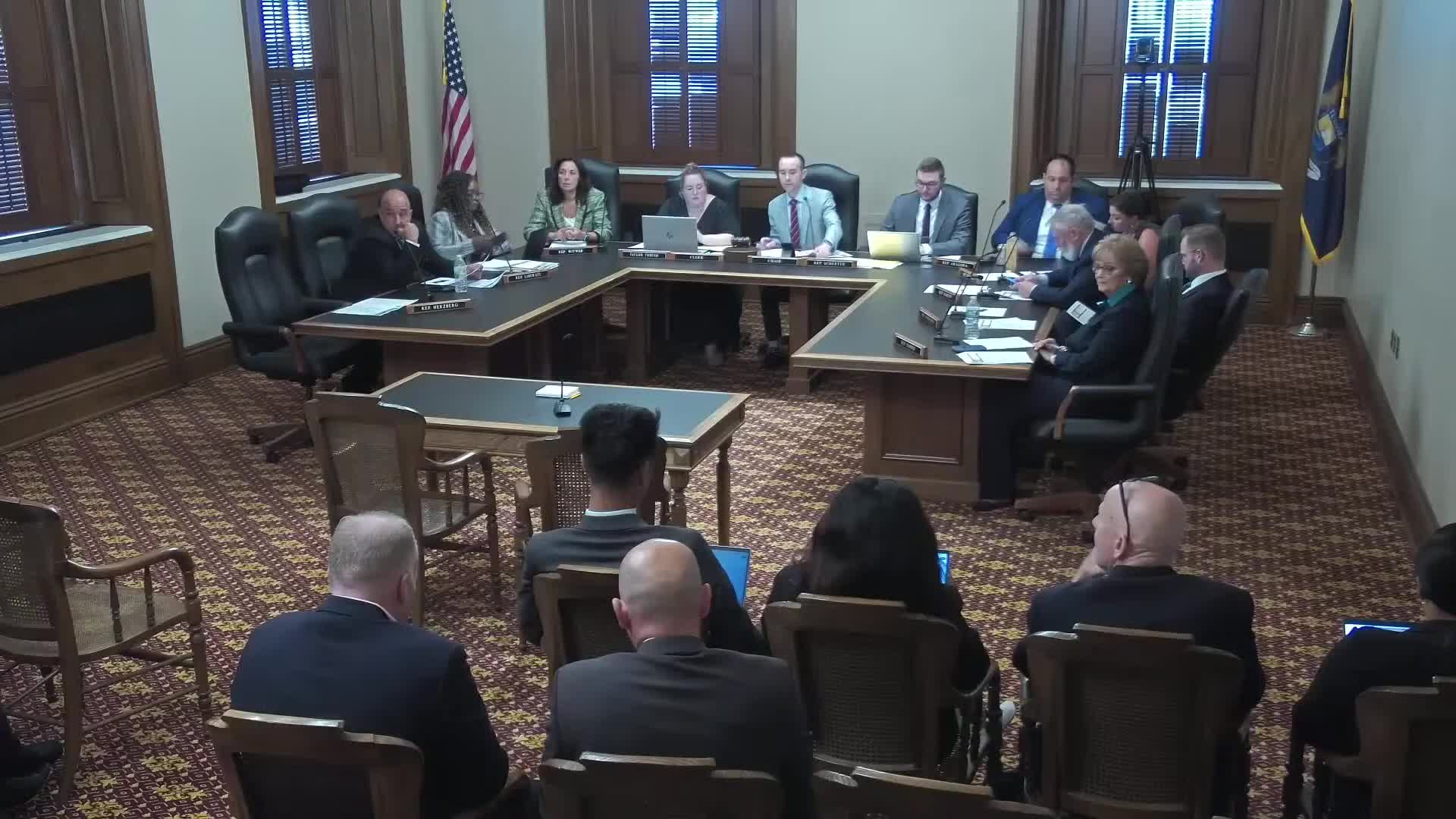Article not found
This article is no longer available. But don't worry—we've gathered other articles that discuss the same topic.
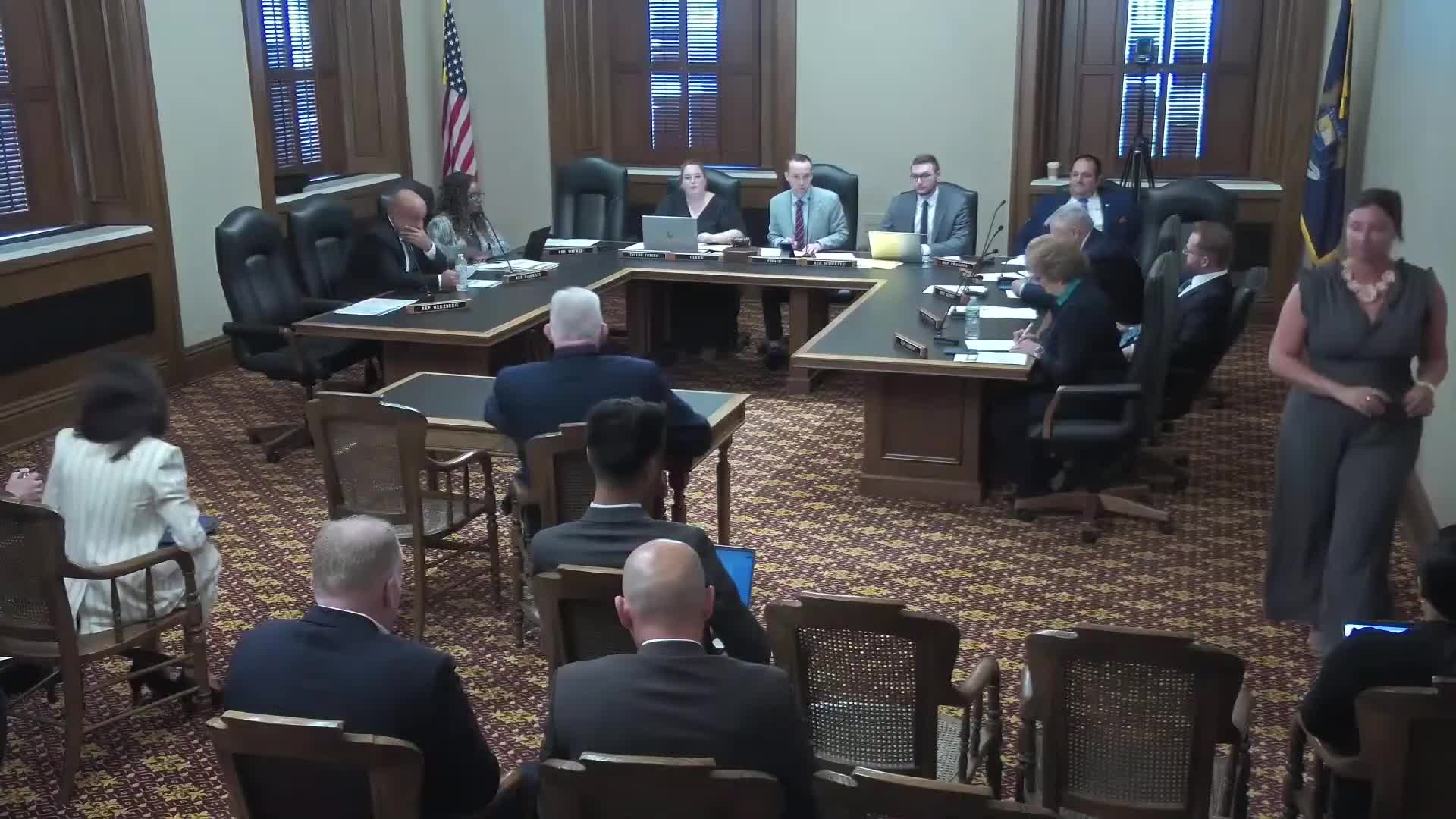
Committee reviews bill to codify end of CCC requirement for Medicaid payments to speech-language pathologists
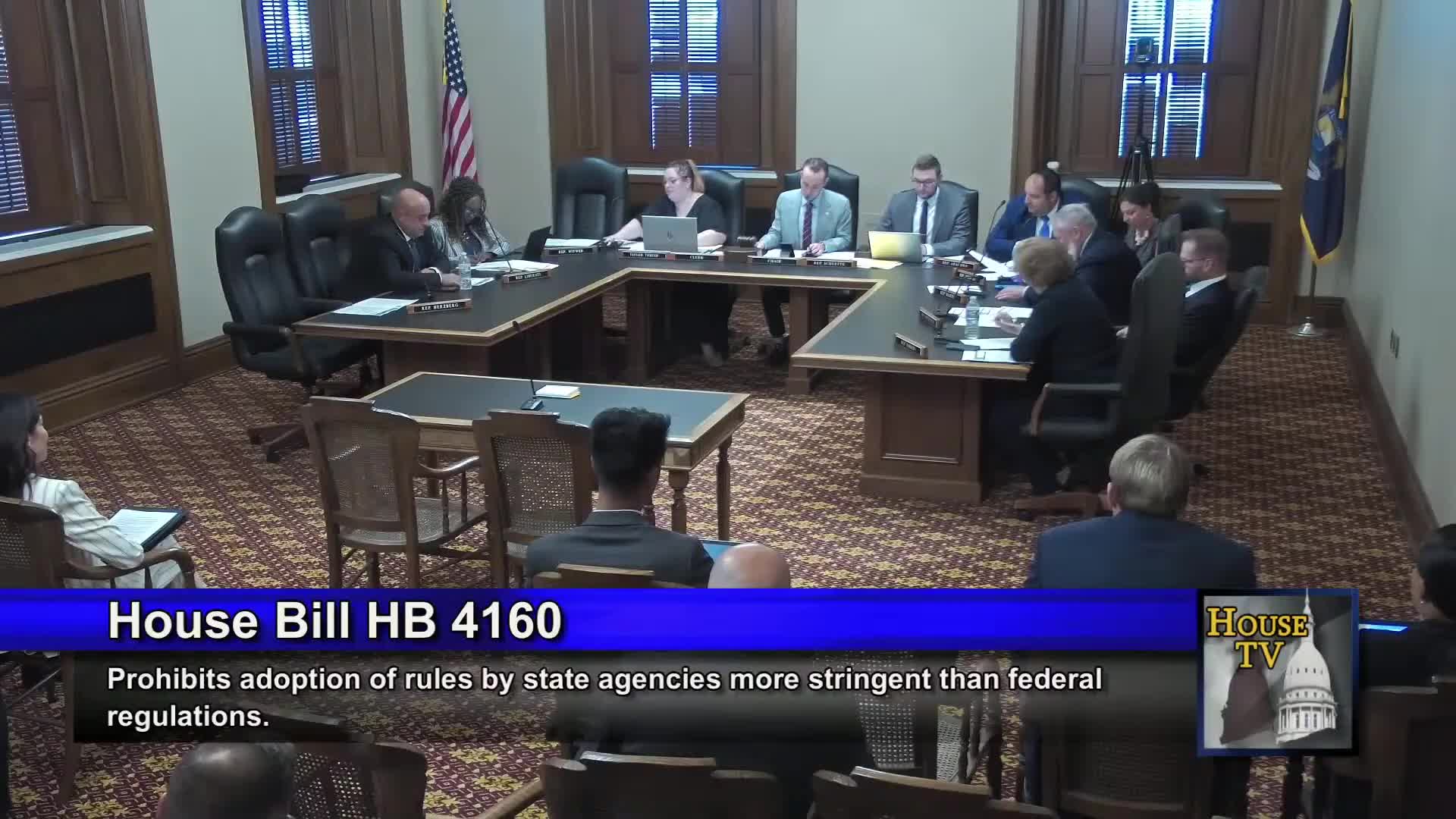
Rules committee hears bill to let attorney general enforce campaign-finance penalties against secretary of state
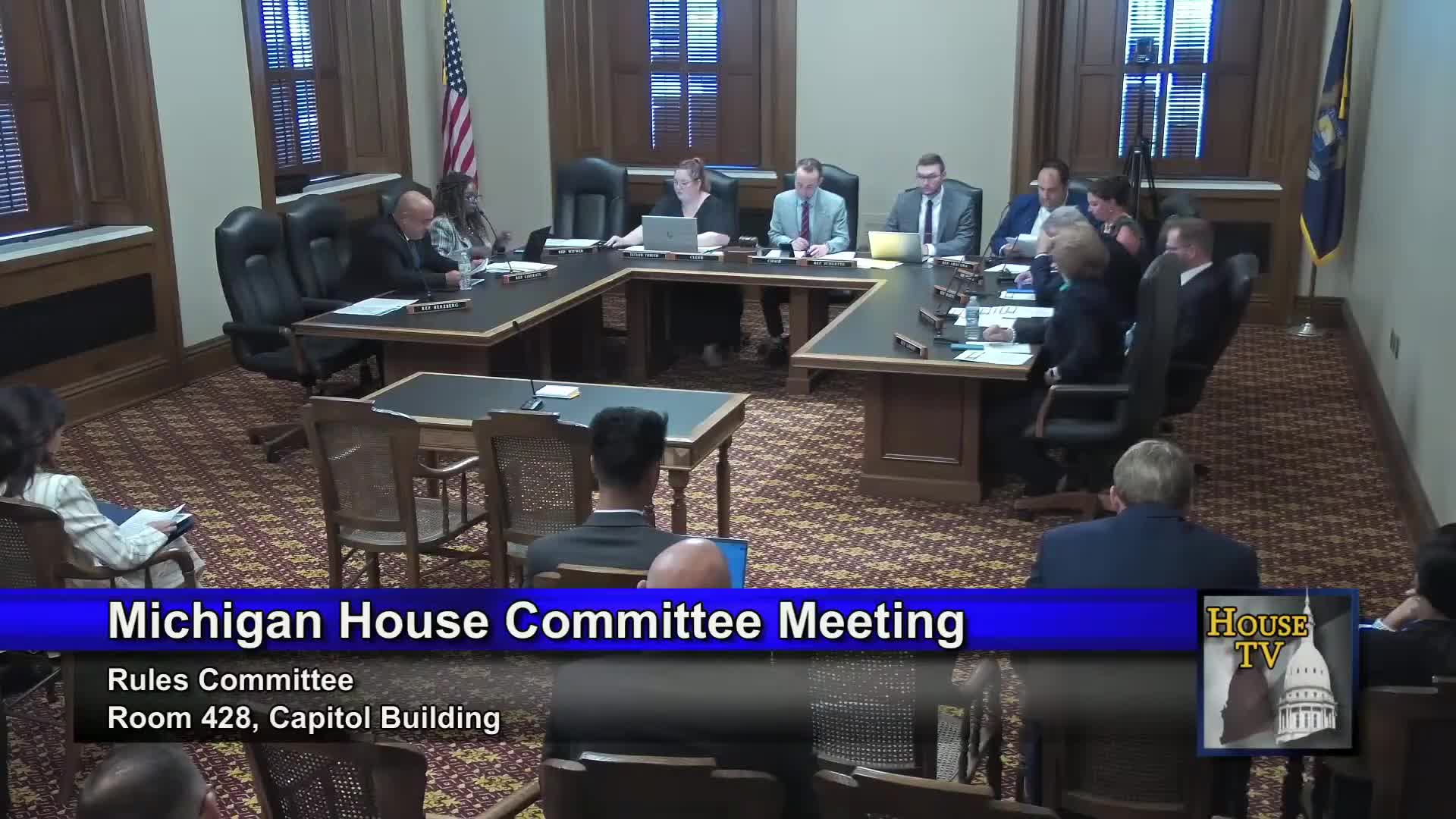
Votes at a glance: Rules Committee reports two bills with recommendation
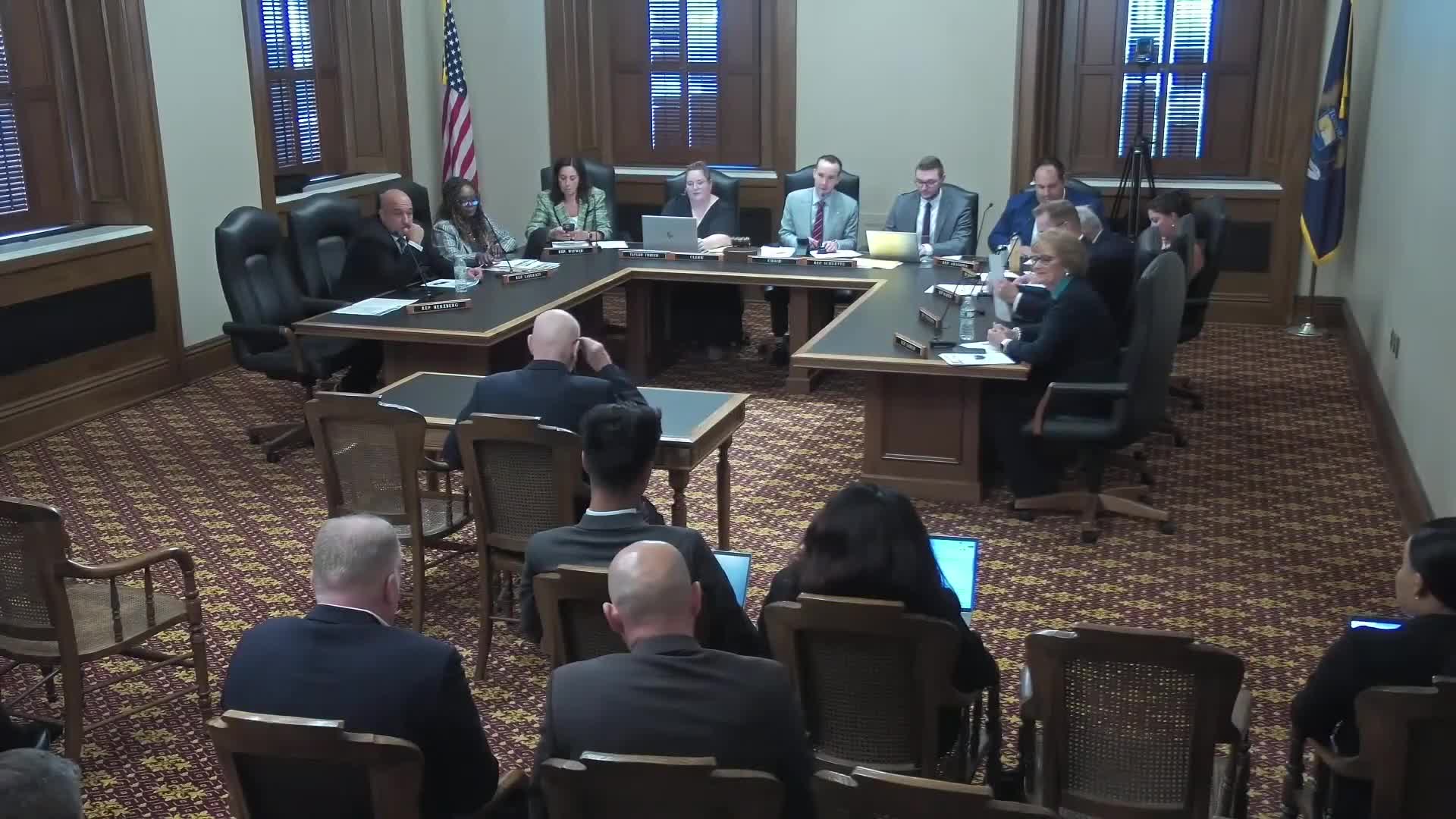
Committee considers counseling interstate compact aimed at expanding mental‑health access in rural Michigan
